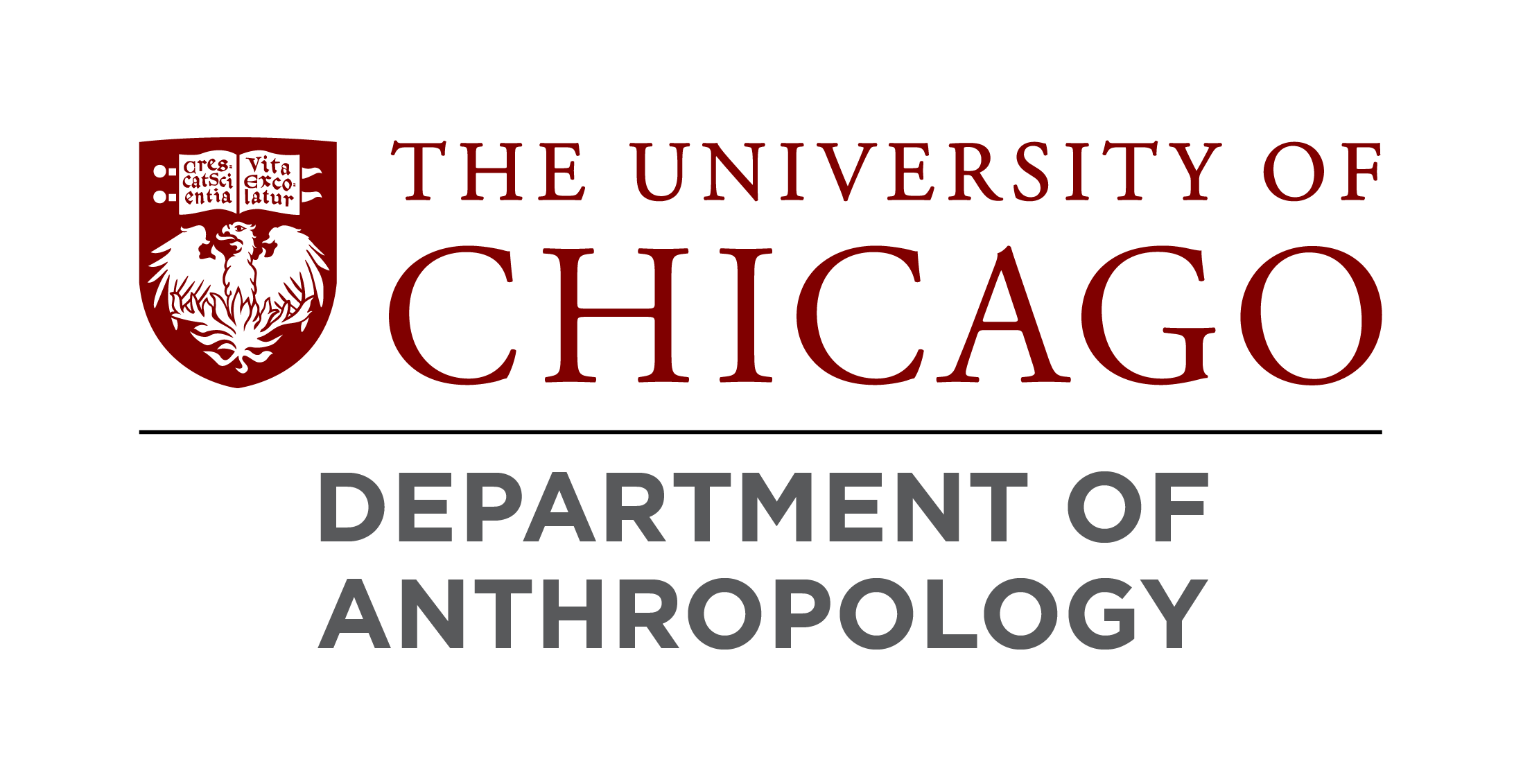
I work between cultural, linguistic, and medical anthropology to study how ideas, logics, norms and values are authorized, enacted, institutionalized, and scaled as expertise. I conduct my fieldwork in the United States, where experts influence most every aspect of contemporary life, if often in the face of significant public skepticism.
My research focuses on professions that take human behavior and interiority as the object of their expertise: social work, counseling psychology, and behavioral health. Dually appointed in the Crown School of Social Work, Policy, and Practice, I am dedicated to illuminating how the helping professions distill historically traceable debates and predominant logics about agency, care, communication, (in)dependence, personhood, presence, science, and truth. My first book, Scripting Addiction, is an ethnography of mainstream American addiction treatment. My second, Working the Difference: Science, Spirit and the Spread of Motivational Interviewing (2023), is an ethnography that chronicles the remarkable spread of a behavioral health method, called motivational interviewing, and the pragmatism that infuses it.
My current project is a study of Animal-Assisted Therapy (AAT). It seeks to understand how an iconic therapy animal with a rich service history—the American Dog—is trained and deployed in a variety of clinical and social service settings. This project extends my ongoing inquiry into the social histories, logics and economics of therapeutic practices and institutions, as well as my broader interest in expertise. Specifically, it asks how and why American dogs have increasingly come to be seen as expert communicators and caregivers—particularly in an age when more and more American humans grapple with our lack of care for other species.
Recent Research / Recent Publications
Working the Difference: Science, Spirit, and the Spread of Motivational Interviewing, Chicago: University of Chicago Press, 2023.
Scale: Discourse and Dimensions of Social Life. (edited with Michael Lempert). Berkeley: University of California Press, 2016.
Scripting Addiction: The Politics of Therapeutic Talk and American Sobriety. Princeton, NJ: Princeton University Press, 2011.
2025. "An American Canard: Carl Rogers, B.F. Skinner, and the Freedom of (Therapeutic) Speech." Invited chapter for Freedoms of Speech: Anthropological Perspectives on Language, Ethics and Power edited by Matei Candea, Taras Fedriko, Paolo Heywood, and Fiona Wright. University of Toronto Press, 344-359.
2023. “(In)expertise & the Paradox of Therapeutic Governance.” Invited chapter for The Oxford Handbook of Expertise & Democratic Politics, Edited by Gil Eyal and Tom Medvetz. Oxford University Press, 482-509.
2022. "Legitimating Evidence: The Trans-institutional Life of Evidence-Based Practice." With Hannah Obertino Norwood. In press, Social Science & Medicine.
2021. "Learning How Not to Know: Pragmatism, (In)expertise, and the Training of American Helping Professionals," American Anthropologist.
2019. "The Work of 'Crisis' in the 'Opioid Crisis.'" Journal of Extreme Anthropology 3(2): 161-166.
2016. "Pragmatics of Scale." With Michael Lempert. In Scale: Discourse and Dimensions of Social Life, E.S. Carr & M. Lempert, eds. Berkeley: University of California Press.
2016. "Interscaling Awe, De-escalating Disaster." With Brooke Fisher. In Scale: Discourse and Dimensions of Social Life, E.S. Carr & M. Lempert, eds. Berkeley: University of California Press.
2015. "Occupation Bedbug: Or, the Urgency and Agency of Professional Pragmatism." Cultural Anthropology 30(2): 257-285.
2014. "The poetics of therapeutic practice: Motivational interviewing and the powers of pause." With Yvonne Smith. Culture, Medicine, Psychiatry 38:83-114.
2013. "'Signs of the times': Confession and the semiotic production of inner truth." Journal of the Royal Anthropological Institute (JRAI) (19): 34-51.
2013. "Signs of Sobriety: Rescripting American Addiction Counseling." In Addiction Trajectories, Eugene Raikhel and William Garriott, eds. Duke University Press.
2010. "Enactments of expertise." Annual Review of Anthropology (39): 17-32.
2010. "Qualifying the qualitative social work interview: A linguistic anthropological approach." Qualitative Social Work: 123-43.
2009. "Anticipating and inhabiting institutional identities." American Ethnologist 36(2): 317-36.
2006. "Secrets keep you sick: Metalinguistic labor in a drug treatment program for homeless women." Language in Society 35(5): 631-53.
 THE UNIVERSITY OF CHICAGO
THE UNIVERSITY OF CHICAGO

